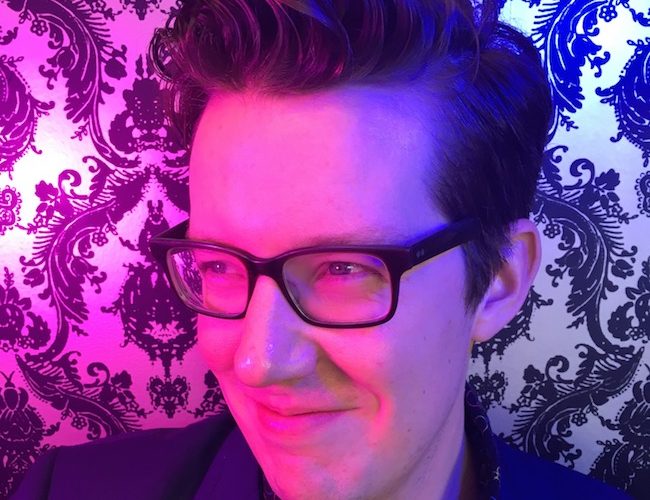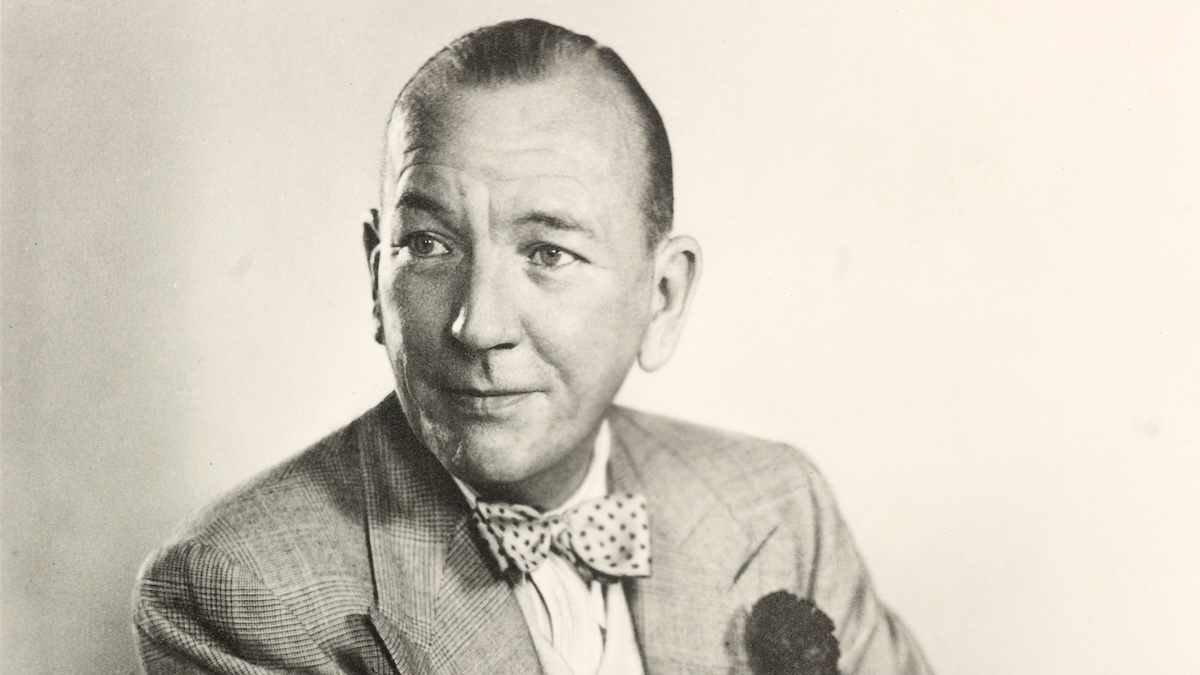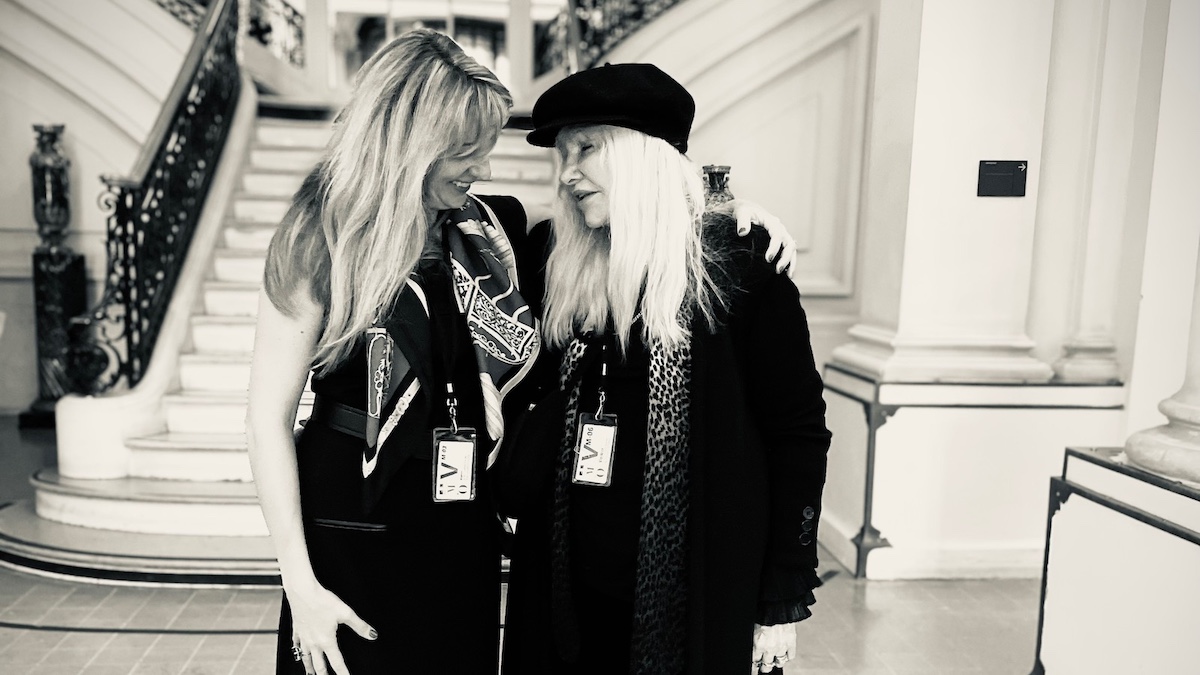
This is the latest in our Meet the Fellows series, where the Dramatists Guild Foundation will introduce you to the current class of DGF Fellows. Each of these writers and writing teams have proven themselves to be leaders of the craft whose work we expect to be enjoying for years to come.
Since its inception in 2000, the DGF Fellows program has provided a home for more than 160 writers. Over the course of this year-long intensive, composers, lyricists, playwrights and bookwriters work with professional mentors, honing their individual processes while developing a full-length piece. Beneficiaries of this rigorous and highly selective fellowship receive stipends, development opportunities, and a foothold in the industry. Alumni include Anna Ziegler (Actually), Rajiv Joseph (Bengal Tiger at the Baghdad Zoo), and Kristen Anderson-Lopez (Academy Award winner, Frozen) among dozens of other vital contemporary theater makers.
Helmed by Michael Korie (Grey Gardens), Laurence O’Keefe (Heathers, Legally Blonde), Sheri Wilner (Kingdom City) and Diana Son (Stop Kiss), the DGF Fellows program is singular in that it pairs playwrights and musical theater writers, creating a space for diverse and interdisciplinary creators.
Applications for the 2018-2019 program will be accepted until noon on May 2nd, and can be found on the DGF website.
It is our pleasure to help spread their unique and promising voices. Now, get to know Sam Salmond.
What was your first experience with theater?
Honestly, my first vivid memory wasn’t even my own experience of a show. I grew up in England and I remember my mother occasionally would go into London to see those big West End musicals. When she came back, she’d sit me down and tell me everything she just saw and I would listen in wonder. A helicopter landed on the stage?! Half naked prostitutes?! A crazed silent movie star?! The chandelier did WHAT?! These musicals sounded like pure magic. I believe it was fifth grade when I finally got to see my first live show. It was Phantom of the Opera, and, of course, I was hooked. Afterwards, I spent every night in my room, pretending I was Christine and singing along to the soundtrack, hitting every single one of those notes like the good little prepubescent fanboy I was.
Later, In Junior High and High School I found my friends by doing the school musicals. I was only ever in the chorus, in old man makeup or something, but it was a total dream. It was the first time I really fit in somewhere. I finally got to share my love of storytelling and make-believe with other weirdos, and the theater became a real home for me.
When did you decide to become a writer? Is there a writer, show, or piece of writing that was particularly influential on your path?
I’ve been writing songs for as long as I can remember. When I was five, I improvised love songs about my favorite British Gladiator (I love you, Jet!). Later, as a moody Mormon teenager, I recorded emo rock songs with veiled metaphors, probably about whichever stupid church member had most recently told me off. Either way, making songs was a constant outlet in my life.
By the time I went off to college, I wanted to write all sorts of music: classical, choral, film scores, and maybe a musical some day. Then my college did a production of William Finn’s Falsettos Trilogy (not just Falsettos, but all. Three. Parts!) Until then, I had no idea musicals could be about characters like that. I’d never seen something so wild and heartbreaking, but also silly and bold. I was just starting to question my own sexuality and that was the first time I ever saw queer characters in the theater. Witnessing my own, very personal struggles reflected on stage, watching complex gay characters fall in love, changed my life forever. Once I realized THAT’S how powerful musicals could be, I knew I never wanted to do anything else.
Later I went to NYU’s Graduate Musical Theater Writing Program, specifically because William Finn taught there. He became an eccentric-but-dear mentor to me and even offered me my first professional production. Almost every job or opportunity I’ve had since can be traced back to that very first job Bill gave me. He changed my life multiple times, in multiple ways and I will forever be grateful to him.
How do you describe your work overall? What sets your work apart?
I write about outsiders and queer people. I want to tell stories about folks who feel alone, oppressed, or forgotten. I hope I give those people a chance to express their individuality, their sense of humor, their weaknesses, and their brilliance. Sadly, I think a lot of the time, queer characters are still presented as two-dimensional stereotypes. They aren’t given enough chances to be at the center of the story and exist as complex, fully- realized humans. It’s my dream that people in my audience, see themselves reflected on stage, realize they have value, and know they aren’t alone in this world… If there’s a strong pop melody while they realize that? Even better!
Can you tell us a little bit about the show you’ve been developing as a Fellow?
I’ve been working with bookwriter, Jeremy J. King, on an adaptation called Eighty-Sixed. It’s a funny, but emotional pop-rock musical set in New York City at the crux of the AIDS epidemic. When the outbreak hits, our main character’s reaction is to shut down and isolate himself from the world, in an act of self-preservation. However, when an ex-lover becomes ill, he is forced to confront the reality he has tried so desperately to ignore. Our musical is about learning your responsibility to your community in a time of crisis.
As gay men in our 30s, Jeremy and I aren’t the people that lived through the AIDS crisis, but we’re the generation that was born from it. We feel a deep responsibility to and admiration of the LGBTQIA people who came before us. This musical is our attempt, as the next generation, to honor that community and carry the torch forward. Working on this show has been such a profound experience and I hope we get to share it with the world soon.
What do you find most rewarding about your work as a writer?
I love spending time examining people’s thought processes and discovering their emotional maps. It’s such a thrill to sit with my lyric book and try to imagine how a stranger views the world. What makes the character individual? What makes them the same as me? It can be a challenge. For instance, last week I was working on a song for a show I’m writing with Jenny Stafford called The Homefront. It’s a rock musical about a disenfranchised group of women, who were fired from the factories at the end of WWII, trying to find their place in post war America. I had to write a song where one woman convinces the other women that the best thing they can do right now is focus on being housewives while the soldiers return to work. It’s an idea I obviously don’t totally agree with and I strugg
led to write it without judgement. Then as soon I realized the character was arguing for this because she just wanted to protect her loved ones, I was able to relate to her. I wrote a hopefully convincing number that doesn’t pass judgement on her. Trying to put myself in a character’s mindset can often be a really emotional experience. I sit in my room alone at the piano and try to go on the character’s journey with them. I feel their suffering, their joy, their hopes, and their heartbreaks. When the writing is at its best, I come out on the other end understanding something new about humanity. I connect with people in a way that I otherwise could not. Those rare moments of understanding are the most rewarding feeling in the world.

Noël Coward’s Travels

Kate Chopin in New Orleans: Mother-Daughter Author Duo Collaborate on Historical Book

